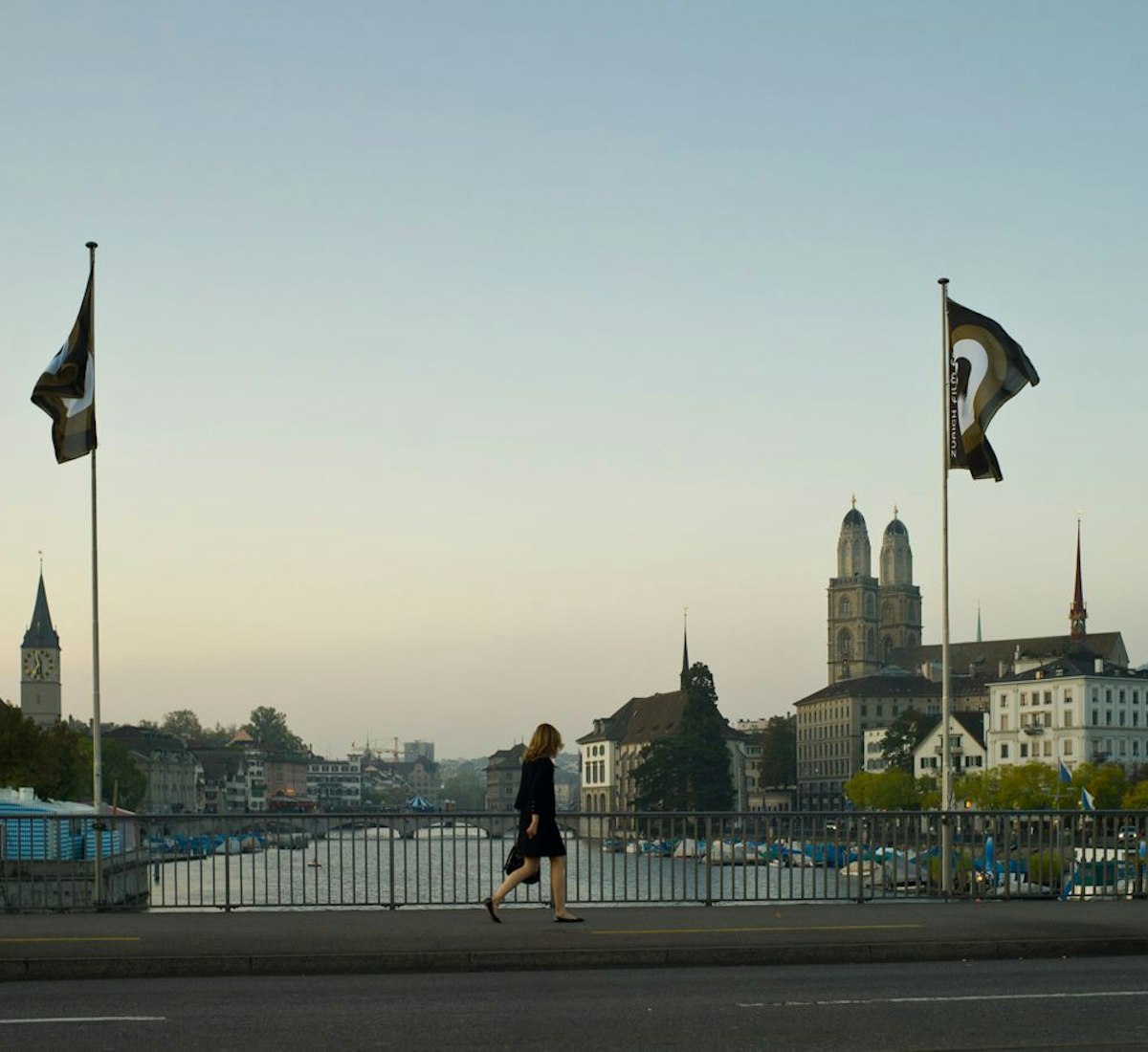Sustainability
As a cultural institution, the Zurich Film Festival supports the climate target of the city of Zurich ‘net-zero 2040’ with conviction. We are committed to reducing and avoiding CO2 emissions and to using the influential platform of cinema to promote awareness and dialogue for a more sustainable future. The belief in the transformative power of film is rooted in the ZFF’s DNA. This form of art sheds light on relevant topics, evokes emotion, and can therefore create impulses for positive change. We want to use this platform to promote both ecological and social sustainability.
The Zurich Film Festival is climate neutral. Since 2010 the ZFF compensates the flights of its guests, which was illustrated that year by rolling out a green instead of the traditional red carpet. Originally planned as a one-off event, this green carpet is now one of the ZFF's trademarks.
The greenhouse gas emissions generated by the festival in the last couple of years have been fully compensated - a step in the right direction. In order to reduce the stress on the environment future and to avoid or reduce emissions, innovations are evaluated routinely. Developing a long-term sustainability concept, we stand in constant exchange with other cultural institutions. Thanks to our high profile, we are setting an example for the industry.
We are organizing a festival that is open to everyone. Anyone interested should be able to enjoy a barrier-free and safe experience. From the broad field of social sustainability, we are currently focussing on the areas of inclusion, participation and diversity. We are promoting these topics both at visitor level and in our programme.

